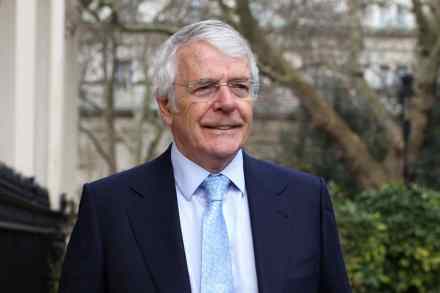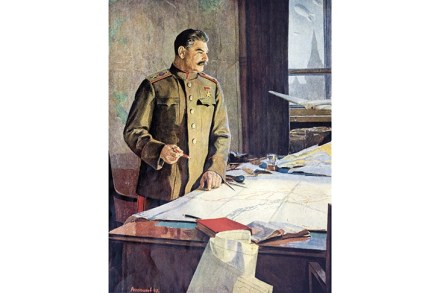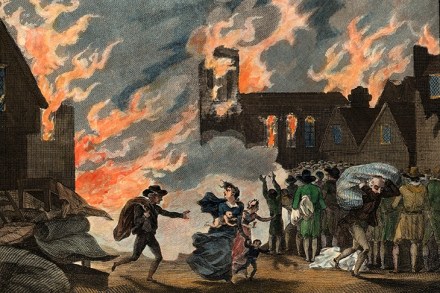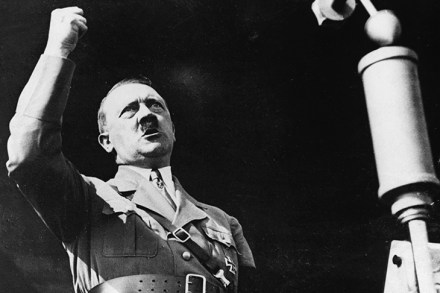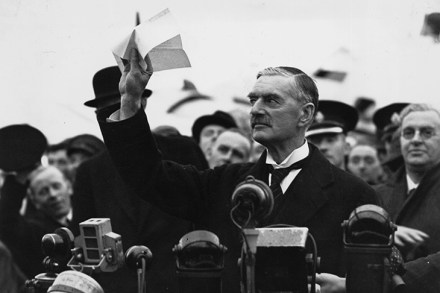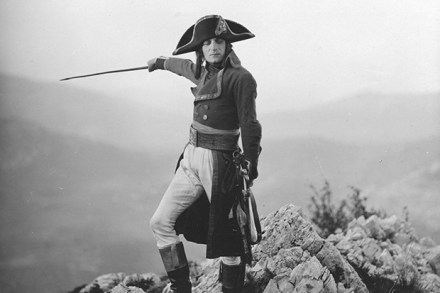How Putin is following Hitler’s playbook
Like many rulers of Russia before him, especially Stalin, Vladimir Putin is a keen student of History. Judging by his current actions, it seems as though he has been particularly brushing up on the story of 1938, when another dictator, one Adolf Hitler, deliberately provoked the destruction of an independent European state – Czechoslovakia –



